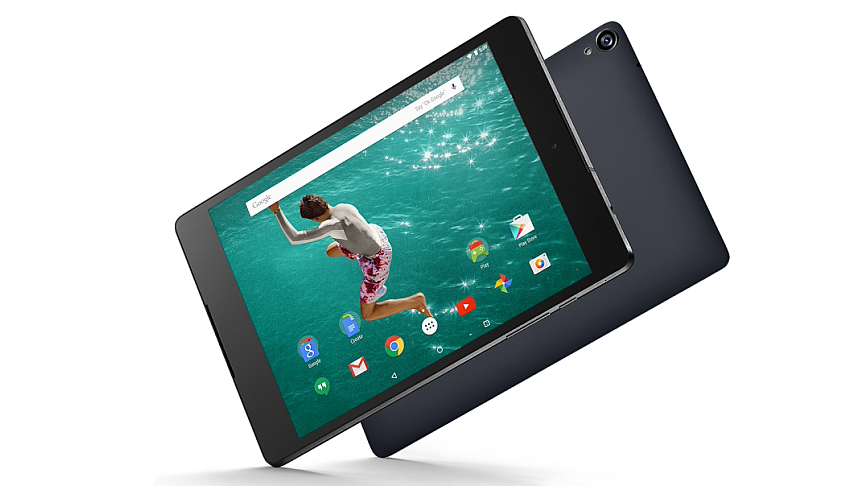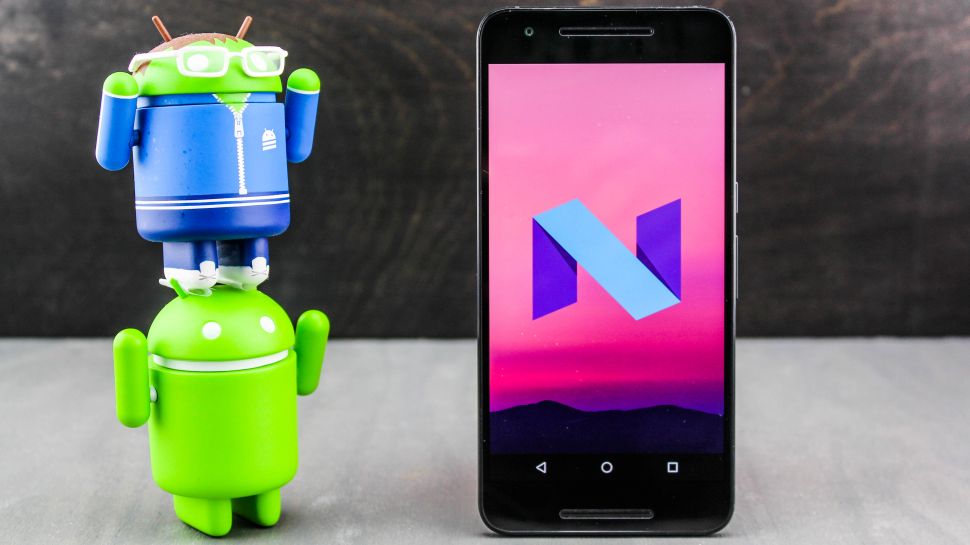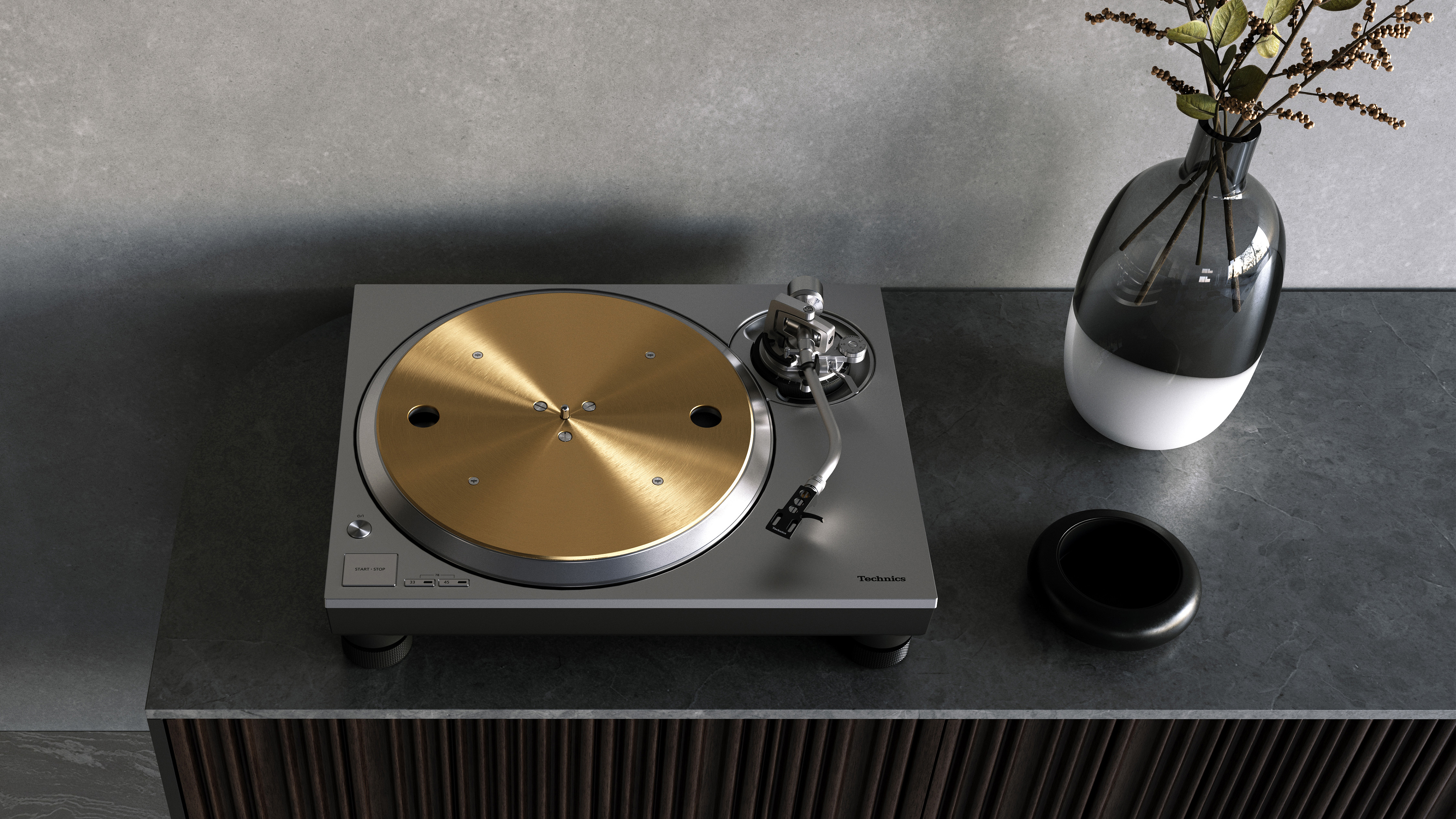
Fuchsia is apparently the name of a new operating system from Google. It's unclear what the system is designed for, but what's most notable is Fuchsia is meant to ditch the Linux kernel (which Android is based on) in favour of the company's own code.
The name of the project has emerged after code reading 'Pink + Purple == Fuchsia (a new Operating System)' and other references have appeared on the company's code depository and on GitHub.
The big question is whether Google has an intended purpose for this new operating system. After all, Google's already got everything covered right?
There were rumblings of a merger between Chrome OS and Android last year, so it could be the beginning of a replacement for further down the line. However it's also possible the tech giant is planning a new system for augmented reality or perhaps software for itsOnHub router.

Will Android be replaced by Fuchsia?
Some samples of the code indicate Fuchsia is going to be used in embedded systems (things that are specialised and don't need an actual operating system). Fuchsia is also said to be designed for modern phones and PC's that aren't slacking when it comes to specs. Graphics rendering is also meant to be part of the new software — which has put more fuel to the fire that this will be used in tandem with augmented reality Google is working on.
Fuchsia is being developed, of course, and so even Google is probably uncertain of what part it will play in its future, For now though all we can do is speculate on this new OS, feel free to do exactly that with us in the comments below!
Read more on Google's new Nexus phone: This could be the Google Nexus Sailfish
Sign up to the T3 newsletter for smarter living straight to your inbox
Get all the latest news, reviews, deals and buying guides on gorgeous tech, home and active products from the T3 experts

